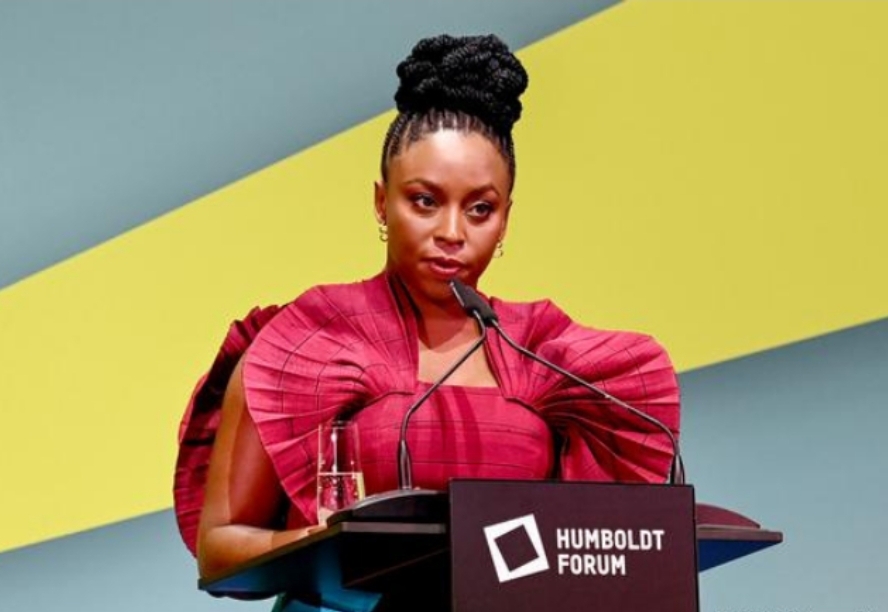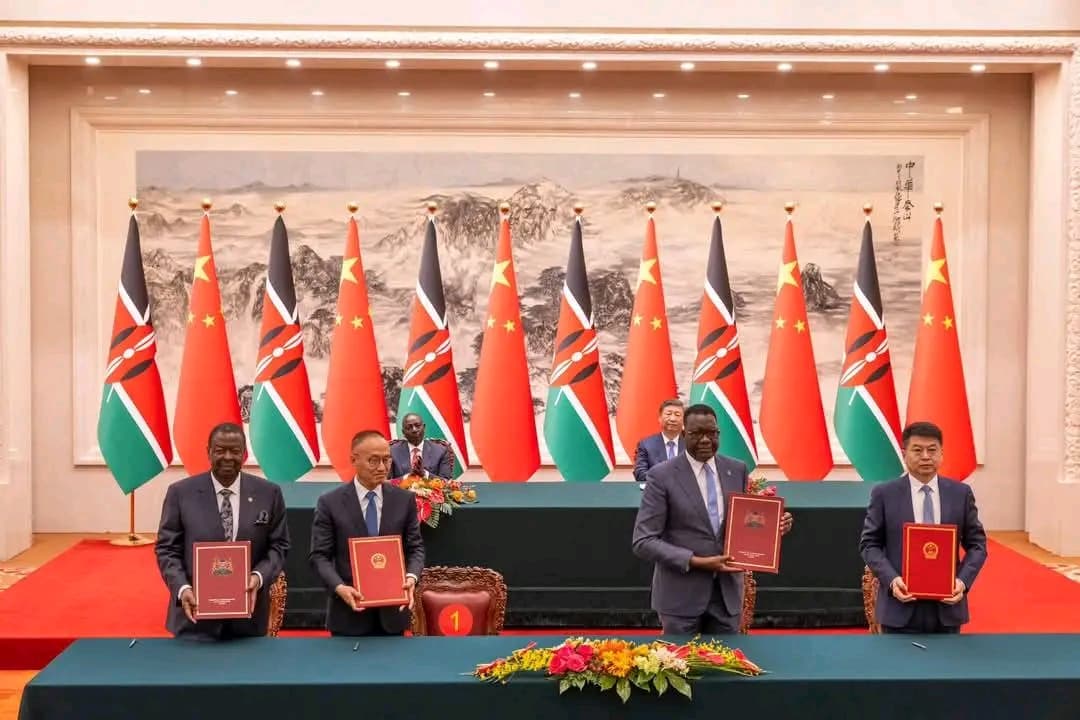By CHUKWUEBUKA IBEH
Nigeria’s Chimamanda Ngozi Adichie tasks European nations to confront their role in the history of colonial violence and return the art works and objects of spiritual significance stolen from various parts of the continents of Africa, Asia and Latin America.
Adichie said this in an address at the opening of the Humboldt Forum in late September, 2021. Her addressed was well-receive by the audience and gained traction on the internet, particularly among her African readers.
The Humboldt Forum, located in Berlin, is a museum of non-European art. Dubbed a German equivalent of the British Museum, it has long drawn criticisms over its possession of forcefully acquired as well as looted art and artifacts from former German colonies in Africa and Asia.
While detailing the atrocities of several European nation in their respective colonies, Adichie called for more discourse around history instead of sustained attempts to bury the past. “All countries have parts of their history that they are not proud of,” she said. “A nation that believes in the rule of law cannot possibly be debating whether to return stolen goods. It just returns them.”
Chimamanda Adichie, the Nigerian author, has called on European nations in possession of African historic artifacts to return them to their home countries.
The 44-year-old novelist, a multiple-award winner was speaking at the Humboldt Forum in Berlin. She said some of the artifacts are sacred and “speak to the dignity of the people, to their world view and to their aspirations.”
According to Chimamanda, it is “condescending” for European countries to say they can’t return the artifacts because they think African nations can’t take care of them.
She said if the European countries truly believe in the position of the rule of law, they would return the carvings and arts that were stolen from Africa.
The author of ‘Half of a Yellow Sun’ also said athough she agrees that not all of the artifacts can be returned, she called on France, Britain and the Vatican to emulate Germany by returning “the ones that are sacred.”
“Art lives in history and history lives in art. Much of what we call African arts are also documents, they tell African stories,” she said.
“Some are literal in their storytelling, other sculptures and carvings are more metaphorical, they speak to the dignity of the people, to their world view and to their aspirations.
“We cannot change the past but we can change our blindness to the past. When we talk about these arts that were stolen, we are told that they cannot be returned to Africa because we cannot take good care of them.
“It is not merely condescending to say ‘I cannot return what I stole from you because you would not take good care of it’. It is also lacking in basic logic, since when has the basis of ownership been taking good care of what is owned.
“This position is paternalistic arrogance of the most stunning sort. It does not matter whether Africans, Asians or Latin America can take care of art stolen from them, what matters is that it is theirs.
“A nation that believes in the rule of law cannot possibly be debating whether to return stolen goods. It just returns them.
“If the dignity of those from whom the art were stolen does not matter, then surely this idea should matter that Europe should be what it claims to be, live up to the ideas to which you define yourself.
“Obviously, I don’t think everything should be sent back to the countries of which they came, not everything was stolen but those things that are sacred, those things for whom people were killed, those things that have in them the stains of innocent blood should be returned.
“This decision is not only about the Humboldt forum, it is about museums all over the world in France, in the Vatican, in Britain. I must acknowledge that Germany is the first of the powerful European nations that have made the gesture towards returning the Benin bronzes.”
Germany had earlier agreed to return “substantial” numbers of the looted Benin kingdom bronzes to Nigeria.
The looted bronzes were said to have been stolen from Benin city in 1897 and are considered to be among the most important and valuable African works of art.
Some of them were thereafter transferred from London to European museums after they were sold.
On the question of the inability of African museums to “maintain” the artifacts if returned, a concern often raised by some in objecting to the return of these artifacts, Adichie argues that these claims are lacking in basic logic and are stunningly arrogant. “Since when has the basis of ownership been taking good care of what is owned?” She asks.
She concluded the nearly twenty-minutes long address by charging the Humboldt Forum to live up to its objective, which was creating a world for equal exchange of ideas, a privilege, she insists, that countries from the “less powerful” continents have long been denied.










